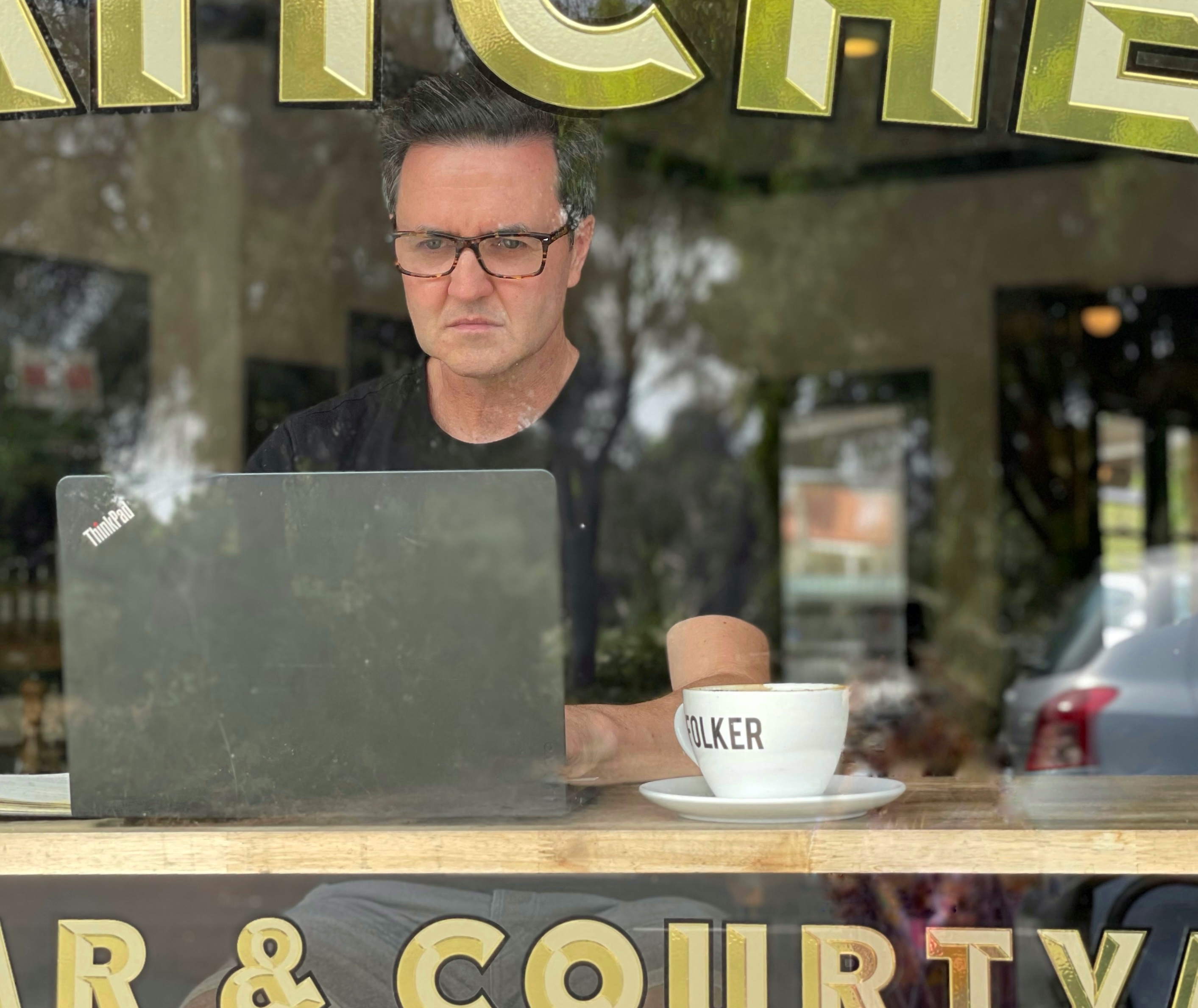You’re about to see a growing trend of ‘laptop workers’ in cafés - new research reveals why

Working in a cafe is becoming increasingly popular. Image by Daisy Hopkins.
In summary
- Working from cafes and pubs is becoming increasingly popular as more workers adopt a hybrid working model
- New research highlights the appeal of working from cafés and other alternative locations, what they are used for and how workers behave there.
- Almost half of remote workers spend time working from third places, particularly Gen Z workers
Working from cafes and pubs has been commonplace amongst freelancers for years. But with hybrid working becoming the new ‘normal’, it’s set to become a 2023-defining trend.
New research from Swinburne University of Technology, partnering with Third-Place.org, has investigated the appeal of working from cafés and other alternative locations, what they are used for and how workers behave there.
Recent research from OpenTable has revealed that almost half of remote workers now spend time each week working from cafes or other third places. The trend is particularly popular with Gen Z workers, 10 per cent of whom say third places are now their preferred place to work.
Swinburne research shows that when it comes to third place work venues, cafes were the clear favourite – but participants mentioned they sometimes also use other third places, such as libraries, pubs, parks and coworking spaces.
On average, the researchers found that people who work in third places will typically do so between 2-3 times each week. They will stay anywhere between 15 minutes and 4 hours and spend between AU$4 and AU$30 each visit. Most of the time, they’ll go to a third place on their own. When they use a third location for small meetings, the size of the gathering rarely exceeds 2 or 3 people.
The most common work tasks completed outside of the home and office are deep individual work, creative thinking/work, reading, admin tasks, paperwork, emails, small meetings and informal phone calls.
“We identified a range of different third place users,” says lead researcher and Swinburne Innovation Fellow, Associate Professor John Hopkins. “‘Device Disconnectors’ like to visit third places for a quick break away from technology, ‘Caffeine Creatives’ use the change of environment as a mental reset to help them think creatively, ‘Suburban Socialites’ like to counteract the threat of loneliness when working-from-home with short regular visits to their local third place, and ‘Lunchtime Liaisons’ use third places for regular meetings with clients or colleagues, often combining this with lunch or breakfast.”
There are many factors that attract workers to a third place venue – including good coffee, cost, nice music, privacy and outdoor space – but by far the most popular responses were:
- feeling welcome
- reviews
- wi-fi and power sockets
Overwhelmingly, ‘laptop workers’ want a nice, friendly atmosphere – that isn’t too crowded, noisy or have staff pressuring them to leave after a certain amount of time.
“Venues looking to attract these types of workers might have signage welcoming people to work within, provide a dedicated working space, advertise the wi-fi password or offer special bundles, such as a two-hour package including unlimited coffee and a sandwich,” adds Hopkins.
Sandwiches are a good bet. The research found that workers opt for snacks and light meals, with more than half of third places workers saying they’d only ever buy something they could ‘eat with one hand’ – with sandwiches, pastries, cookies and muffins being the most popular choices.
The top three benefits to working in a third place were seen to be mental reset, community and social connection, and great food and coffee. When asked to what extent working from a third place positively contributes to their overall wellbeing, the average response was 86 per cent.
The chance of continuing to use a third place for work in the future was 98 per cent. However, it was found that not all work tasks are suitable for third places. Workers said they strongly avoid these environments when working on something of a confidential nature (or with security or privacy risks), for longer or larger meetings, and when doing tasks that require a bigger screen or other specialist equipment.
-
Media Enquiries
Related articles
-

- Business
- Technology
Swinburne’s Luminate Pitch Night 2024 advances innovative ideas for a better world
Swinburne’s 2024 Luminate Pitch Night showcased market-ready ideas from 10 founders
Wednesday 12 June 2024 -

- Technology
- Business
Swinburne's Venture Cup unveils pioneering startups as entrepreneurs take centre stage
Swinburne University’s annual Venture Cup pitch night shines a spotlight on remarkable startups by students, staff and alumni.
Thursday 11 January 2024 -

- Business
Is linking time in the office to career success the best way to get us back to work?
In what some employees consider an aggressive move by their bosses to get them back where they can be seen, some companies are now linking office attendance to pay, bonuses and even promotions.
Monday 22 January 2024 -

- Business
6 questions you should be ready to answer to smash that job interview
With the new year underway employers are beginning to resume normal business activities and restart their hiring process. Similarly, many school and university graduates are beginning their job search after a well-earned break.
Wednesday 17 January 2024 -

- Student News
Swinburne helps deepen multi-disciplinary understanding
Swinburne recently hosted nine Indonesian students as part of the prestigious Indonesian International Student Mobility Awards, Vocational Edition (IISMAVO).
Thursday 07 December 2023

